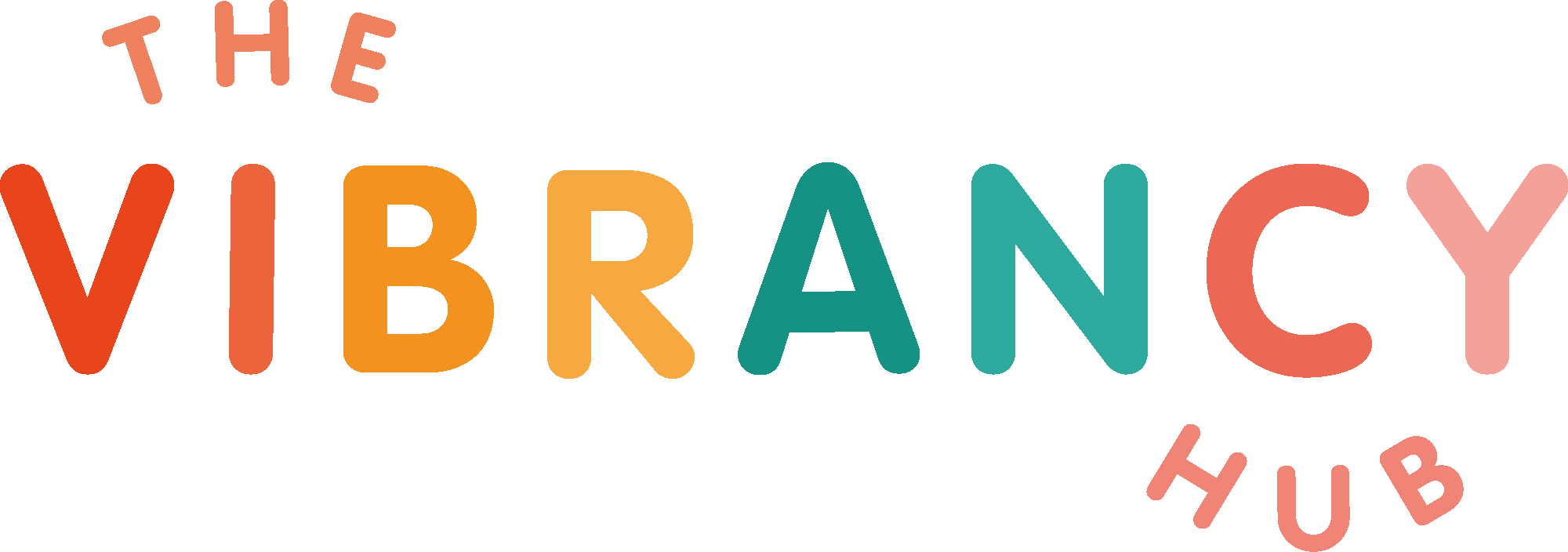The importance of wellbeing in leadership
I am extremely passionate about the two things discussed in this article - Wellbeing and Leadership - and the crucial connection between the two...
Leadership is about maximising the efforts of others towards obtaining optimum performance. Unfortunately this performance is often sought out at all costs. However, the belief that stress and burnout is the price we must pay for success is a delusion and it is short sighted for companies to put employee wellbeing on the back burner to achieve this goal. Colleague wellbeing is not the cherry on top of a successful company; it is the foundation of it. By nurturing a healthy, satisfied and engaged workforce, creativity is boosted, productivity goes up, and profits increase.
Leadership should therefore focus on enhancing the wellbeing of others which as a result will lead to optimum performance.
The following is an extract from www.diamandis.com which summarises an address Ariana Huffington made at their Abundance360 summit. In 2007 Huffington received a severe wake-up call in the form of a horrific facial injury after fainting in her office due to exhaustion and over-work. Since then, she has engaged in a passionate call to arms for individuals to maintain a balance between work, good health and life enjoyment and has positioned the work/life balance as an important reform for companies to place at the forefront of their culture.
The following extract outlines Ariana Huffington’s Top 10 lessons for incorporating Wellbeing into Leadership:
You don’t have to burn out: We are swimming in a culture based on the belief that to succeed, you have to burn out – this is scientifically false. People who burn out at work do not perform as well as people who are well rested and balanced.
Allow for time to renew yourself: To be your most productive, your most effective, and your most creative as a leader, you must allow time to renew yourself.
Conduct ‘entry interviews’: “Right now, everybody does exit interviews. How about doing entry interviews and asking people what they need to feel balanced?” Ask your team proactively how to improve the environment in which they work. The return on this simple question can be extraordinary.
Create ‘elegant success’- find your spot between chaos and order: Elegant success is about finding the right balance between order and disorder. “You don’t want too much bureaucracy, hierarchy or rules (ie. absolute order), but you also don't want to have complete chaos.” This takes some experimentation and iteration to get right, but when you do; you can optimise your workflow and maximise your creative output.
Our relationship with technology has to change: Arianna believes that currently, most of us have an unhealthy and unsustainable relationship with technology. We are addicted to it. We waste time using it. It consumes us. She is passionate about sharing the latest science about the need to set boundaries and to change our relationship with technology so that it becomes positive and beneficial. She wants to create new role models that will shape the conversation around improving our health and productivity.
Sleep more! Arianna cited a study from the RAND Corporation estimating that sleep deprivation costs the US $411 billion per year in lost productivity. You need to prioritise sleep and plan for it ahead of time; otherwise, you’ll miss a critical opportunity to recharge.
Put your phone away 30 minutes before you go to sleep: “You’ve really got to slow down your brain before you go to sleep. Create your own 30-minute nightly ritual and put your phone away!”
Don't call it ‘slowing down’: This is really important. Arianna believes that “if you define these strategies as ‘slowing down’ you are never going to do them. Nobody wants to slow down, and it's really not slowing down. It's making your life and your work more elegant, more effective and more productive.”
Ask for help: In so many cultures, nobody wants to ask for help. Arianna’s goal is to create a community of people who aren’t afraid to ask for help and who want to help each other. If you feel stressed, bogged down, burnt out or too busy - ask for help.
Make your leadership meetings device-free: These days, we’re always multitasking. This may mean that you find yourself in a meeting, whilst sending emails on your computer, sending texts on your smartphone, and receiving updates and messages on your smartwatch. We are not fully present - and it’s costing us big time. Instead, make your Leadership meetings ‘device free’. You’ll be amazed by what you can accomplish and what you can retain and learn from these meetings. To incentivise your team to leave their devices behind, aim to do meetings in half an hour, rather than an hour. And create a policy around this notion - ‘if you have something more important to do, don't come to the meeting’.

